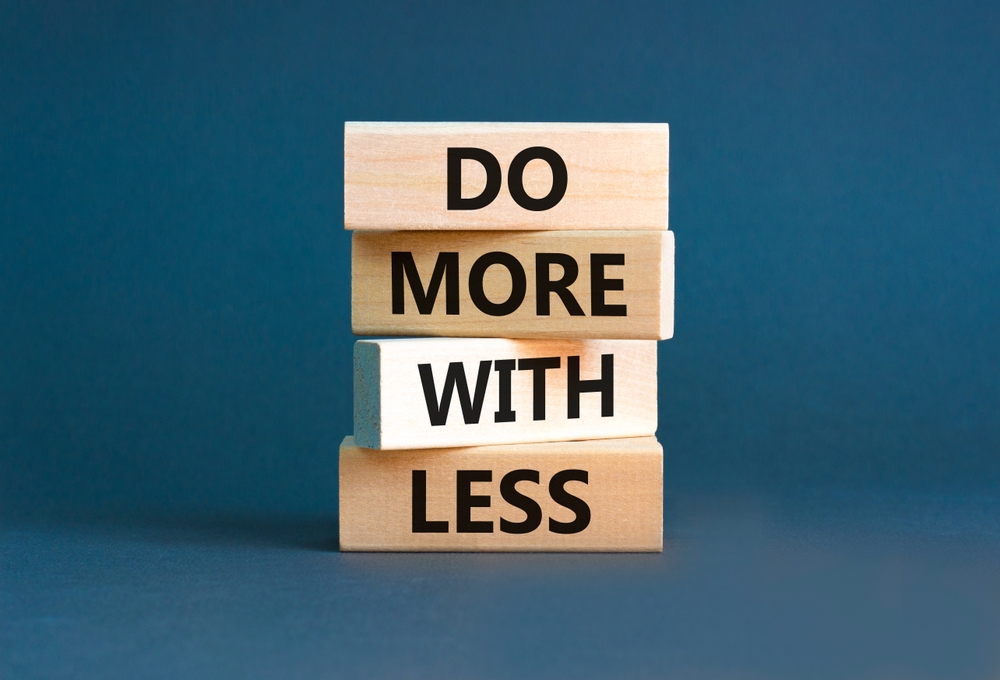We Boomers are no strangers to breaking away from the norm. How our parents engaged politics, professionalism, religion and childrearing are not the ways in which we chose to engage. Sometimes it seems that we made protest part of our culture, the very essence of our DNA. We boldly confronted injustices, dared to change social norms and bent the rules as needed in order to live out our truest convictions.
We continue in that realm as work-at-home employees, setting our own schedules and governing our time. We are part of a global workforce that includes “microbusiness owners who consider themselves freelancers, people with regular jobs who supplement their pay with freelance work and temporary workers who are employed by staffing firms.” (Bates, 2015) We have broken the traditional 9-5-work week and are setting a pattern that will reach global heights in years to come. We, again, are setting a new standard.
Bates explains in Freelance Nation, “When all categories of contingent workers are combined, there’s a total of about 50 million nontraditional employees—roughly a third of the American workforce. By some estimates, nontraditional employees could represent a majority of the workforce in less than a decade.” We are leading that charge.
Breaking from tradition can be a wonderful thing; people are meant to evolve – to build, create, discover and change. Who we are now is not who our parents or grandparents were. Yet as we cultivate these evolutions in the workforce, we must remember that it was our parents who taught us how to work hard. They were a loyal and dedicated generation of people who had seen the effects of living without and dared to rise again, work hard and save for an uncertain tomorrow. They taught us work ethic, timeliness, self-sufficiency and taking pride in a days work.
The reality is, we are able to make changes in the workforce and break away from tradition because we have a solid foundation to build our workweek on. We have the structure to plan our day and the diligence to show up and give it our all.
As we consider our legacy and the traditions we want to pass on to generations that follow, let’s remember – some traditions should be kept and some should be left behind. How we model that balance will have true and lasting effect.












0 Comments